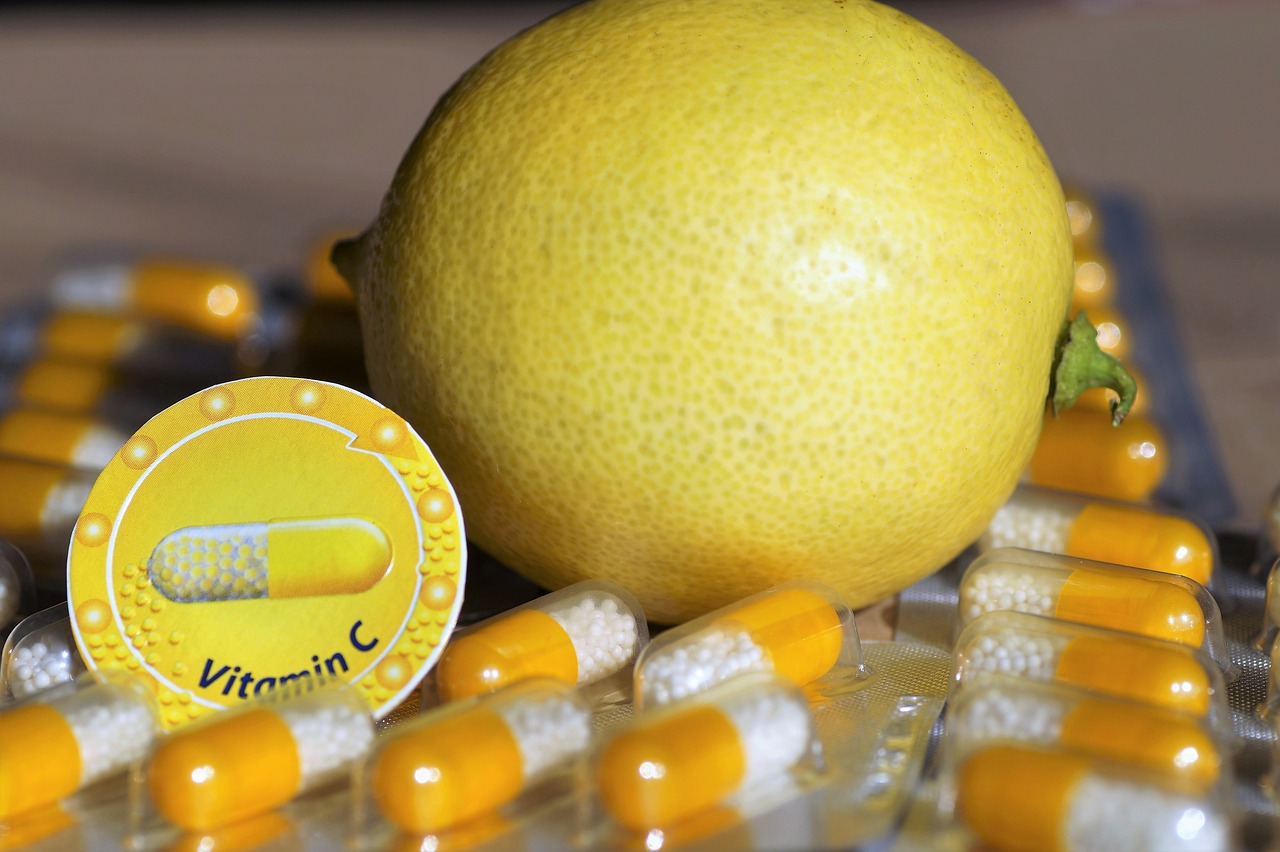Vitamin C, also known as ascorbic acid, is a water-soluble vitamin that plays several vital roles in the body. It’s an essential nutrient, meaning our bodies cannot produce it, so we need to obtain it from our diet.
Key functions of vitamin C include
- Antioxidant Protection: It helps protect cells from damage inflicted by free radicals.
- Collagen Synthesis: Vitamin C is crucial for the production of collagen, a protein that helps maintain skin, blood vessels, and connective tissues.
- Immune Support: It supports the immune system and helps the body fight infections.
- Absorption of Iron: It enhances the absorption of non-heme iron (the type found in plant-based foods).
Good sources of vitamin C include fruits and vegetables, particularly citrus fruits (like oranges and lemons), strawberries, kiwi, bell peppers, and broccoli. A deficiency in vitamin C can lead to scurvy, which is characterized by symptoms like fatigue, swollen gums, and bruising.
Vitamin C deficiency can occur for several reasons
- Inadequate Dietary Intake: Not consuming enough fruits and vegetables rich in vitamin C is the most common cause.
- Malabsorption Disorders: Conditions like celiac disease, Crohn’s disease, or other gastrointestinal disorders can impair the absorption of nutrients, including vitamin C.
- Certain Medical Conditions: Chronic illnesses, such as cancer or kidney disease, can increase the body’s need for vitamin C.
- Lifestyle Factors: Smoking and excessive alcohol consumption can reduce vitamin C levels in the body.
- Poor Diet: Diets low in fresh produce, particularly among individuals with limited access to food or those following restrictive diets, can lead to deficiencies.
- Increased Demand: During pregnancy or lactation, the body’s requirements for vitamin C increase, making it important for those in these stages to ensure adequate intake.
Addressing these factors can help prevent deficiency and maintain optimal health.
To combat vitamin C deficiency, include the following foods in your diet

- Citrus Fruits: Oranges, lemons, limes, and grapefruits are all outstanding sources.
- Berries: Strawberries, raspberries, blueberries, and blackberries are rich in vitamin C.
- Kiwi: This small fruit packs a significant amount of vitamin C.
- Bell Peppers: Especially red and yellow peppers, which contain more vitamin C than many fruits.
- Broccoli: This vegetable is not only nutritious but also high in vitamin C.
- Brussels Sprouts: Another cruciferous vegetable that offers a good amount of vitamin C.
- Tomatoes: Fresh tomatoes and tomato juice are great sources.
- Pineapple: This tropical fruit is delicious and vitamin C-rich.
- Mango: A tasty option that provides a healthy dose of vitamin C.
- Spinach and Kale: Leafy greens are good sources of vitamin C as well.
Incorporating a variety of these foods into your meals can help improve your vitamin C levels effectively! Stay Healthy!! Stay Happy!!

